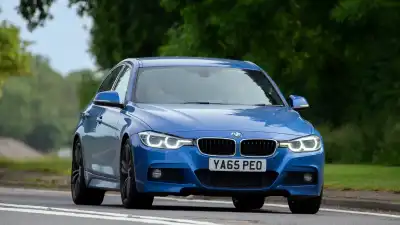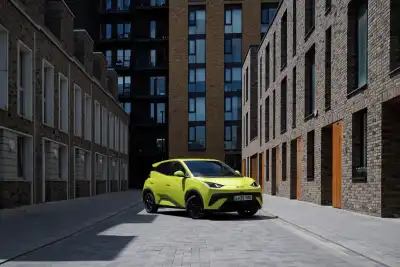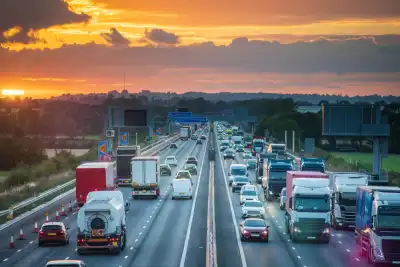
This year marks a seismic change in politics with the arrival of a general election. It’s the first opportunity that a number of key parties have had in years to enter a leadership contest and it’s a chance for the public to shape the future of the country.
The Green Party remain a core option for UK voters, particularly those who have more of an environmental interest. But what would happen to UK drivers if the Green Party came to power in 2024? Here, we take a look at some of its key policies.
Reducing distances travelled
According to the Green Party, ‘the past decades have seen a dramatic rise in the distances generally being travelled and a great shift towards the use of less equitable and unsustainable methods of transport’. That means more people using private vehicles with fewer drivers opting for public transport or greener methods such as walking and cycling.
In order to change this, the Green Party wants to reduce the ‘total distance travelled by reducing journey lengths’ through the development and retention of local facilities. In essence, it wants people to have more amenities on their doorstep to reduce car usage.
Creation of a road hierarchy
The Green Party aims to implement a more widespread road hierarchy than is currently in place. This wouldn’t just affect road users, either, but also transport planning. At the top of the list would be walking and disabled access, followed by cycling and public transport. Private motor vehicles - such as cars and ‘high powered motorcycles’ - would come well underneath, followed by heavy goods vehicles and aeroplanes.
This hierarchy would be applied to all areas of transport so that priority would lie with pedestrians and cyclists - so roads and infrastructure would be planned around them, rather than around private vehicles.
Reduction in car parking
In its policy document, the Green Party states that it would ‘amend and enforce planning rules to steadily reduce car parking requirements’ in new developments. Developers of housing areas would also need to provide proof that any new development would have key access for ‘more sustainable’ modes of transport, such as rail and bus connections.
The party also states that it will look to create ‘car-free developments wherever feasible’ both through ‘planning arrangements and financial incentives’.
New cars are to be zero-emissions by 2027 and petrol and diesel to be off roads by 2035
The cut-off for traditional petrol and diesel cars is a hot topic at the moment and the Green Party has stated that it wants all new motorbikes, scooters, cars and vans to be zero-emissions by 2027. In addition, it has stated that it would end the use of fossil fuel-burning cars and vans in the UK from 2035.
To help people with this transition, it will implement a scrappage scheme. This could pay people who ‘surrender their old fossil-fuelled vehicles’ or hand out grants to those who want to get new zero-emission vehicles including bicycles and rail and bus passes.
Increase in fuel duty
The Green Party states that ‘road fuel tax is an important factor in encouraging users to be more mileage conscious and to opt for smaller, more fuel-efficient cars’. As a result, it will increase road fuel tax ‘incrementally’ until the amount generated by fuel duty covers a ‘high proportion of road traffic’s external costs’.
This would have a direct impact on motorists as fuel duty already accounts for around 52p in every litre of fuel.
Introduction of road charging
In its policy document, the Green Party says that it ‘supports the principle of road charging for motorised vehicles’ whereby drivers have to pay in order to travel across certain areas. However, the party has stated that the system wouldn’t be introduced in areas where it would add pressure to other routes as drivers aimed to circumnavigate the charges by taking a diversion.
The Green Party has said that road charging would be at its most effective in the most congested areas, such as urban areas and those places which attract a large number of tourists




